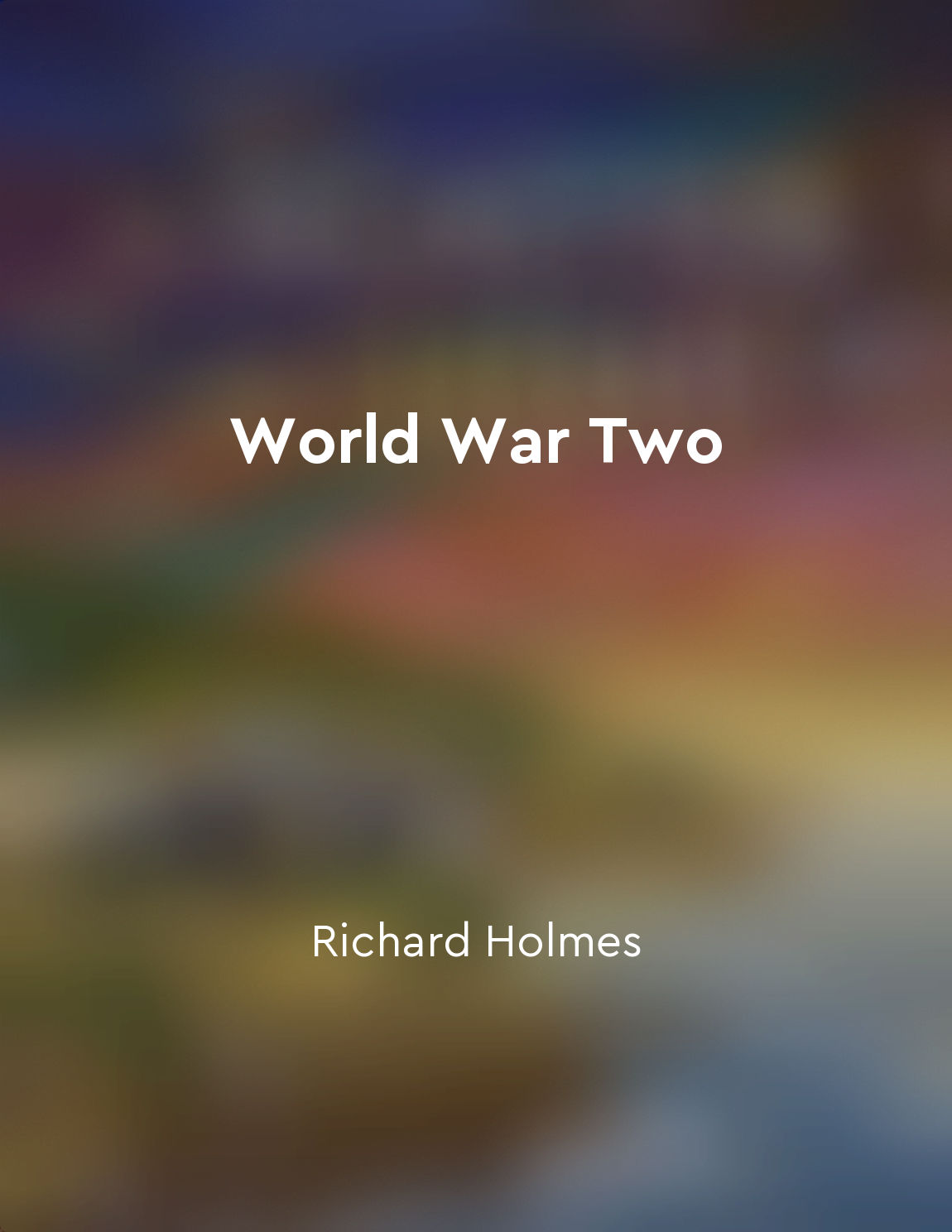International efforts to prevent genocide from "summary" of The Holocaust by Laurence Rees
As the horrors of the Holocaust were revealed to the world, many countries came to recognize the urgent need for international action to prevent genocide from ever happening again. Efforts were made to establish legal frameworks to hold perpetrators accountable for their crimes and to deter future acts of mass violence. One of the most significant developments in this regard was the creation of the United Nations Genocide Convention in 1948. This landmark treaty defined genocide as a crime under international law and obligated signatory states to prevent and punish acts of genocide. The convention marked a major step forward in the global fight against genocide, establishing a clear legal standard for prosecuting those responsible for such atrocities. Despite the existence of this convention, however, international efforts to prevent genocide have often been hindered by political considerations and the reluctance of world powers to intervene in the internal affairs of sovereign states. The failure of the international community to prevent genocides in places like Rwanda and Bosnia in the 1990s served as a stark reminder of the challenges and limitations of such efforts. Nevertheless, there have been instances where international action has been successful in preventing genocide. For example, the deployment of peacekeeping forces in East Timor in 1999 helped to avert a potential genocide in the region. Similarly, diplomatic pressure and targeted sanctions have been used to deter countries like Sudan from committing genocide against their own citizens. In recent years, there has been a growing recognition of the importance of early warning mechanisms and preventive diplomacy in the fight against genocide. By identifying and addressing the root causes of conflict and mass violence before they escalate into genocide, the international community can work to prevent such atrocities from occurring in the first place. While the challenges of preventing genocide remain formidable, the efforts of the international community to address this issue have undoubtedly made a difference in saving lives and upholding the principles of human rights and dignity. Through continued cooperation and vigilance, there is hope that future genocides can be averted and that the lessons of the Holocaust will not be forgotten.Similar Posts
Economic hit men silence dissenting voices
In my line of work, it's imperative to ensure that dissenting voices are silenced. These voices pose a threat to the success of...
Human rights
Human rights are the basic rights and freedoms that are believed to belong to every person, simply because they are human. Thes...
Trust is a crucial factor
Trust is a crucial factor in any peace process. Without trust between the parties involved, it is nearly impossible to make pro...
Iran coup leads to longterm consequences
In 1953, the United States orchestrated a coup in Iran that ousted the democratically elected Prime Minister, Mohammad Mossadeg...

Lessons learned and applied
The Second World War was a conflict that shaped the course of history and taught valuable lessons to those who fought in it. Th...
